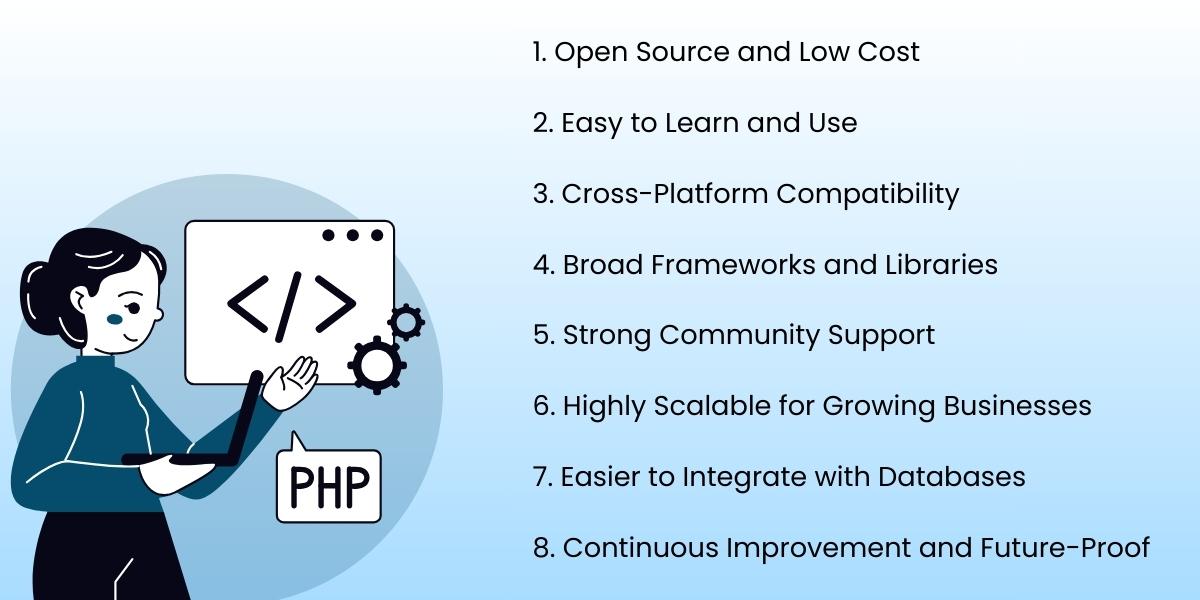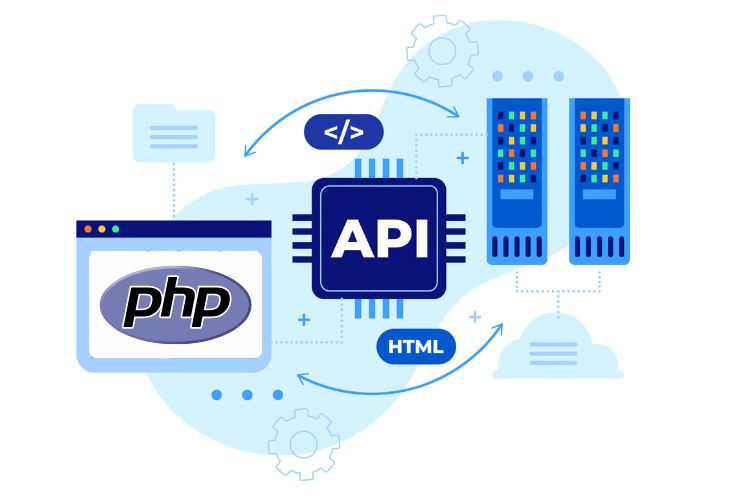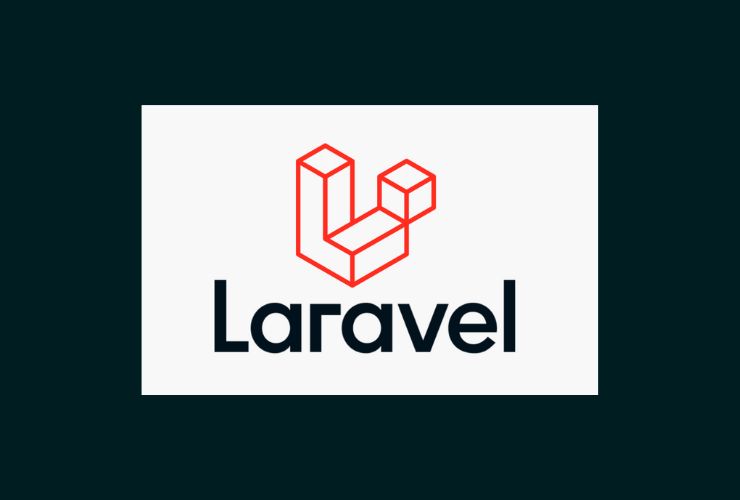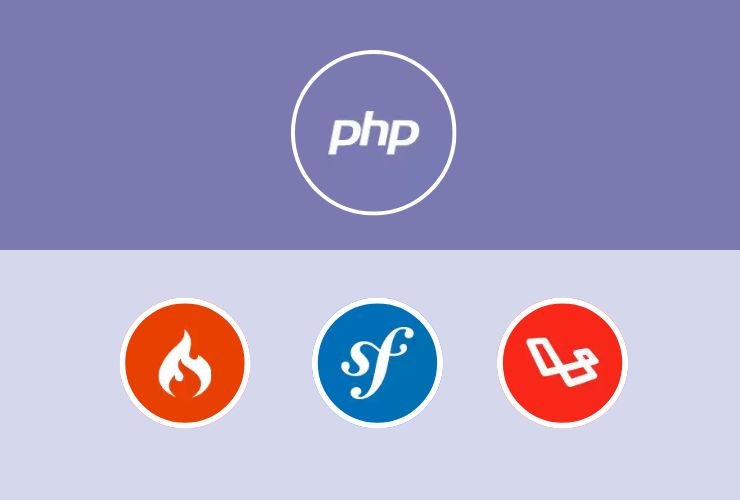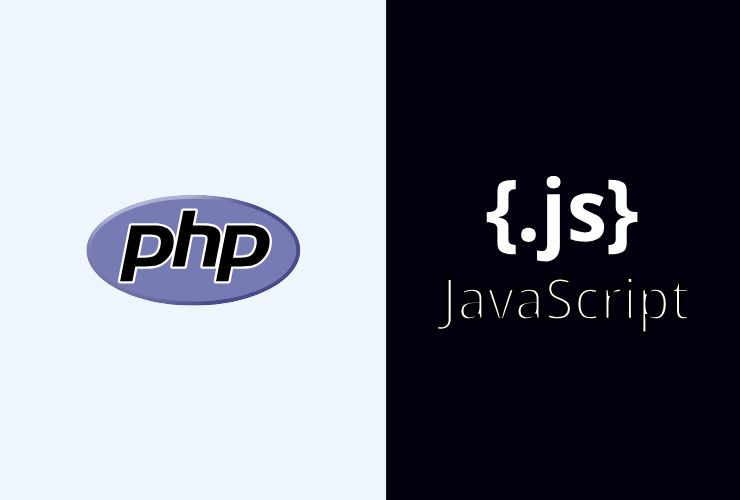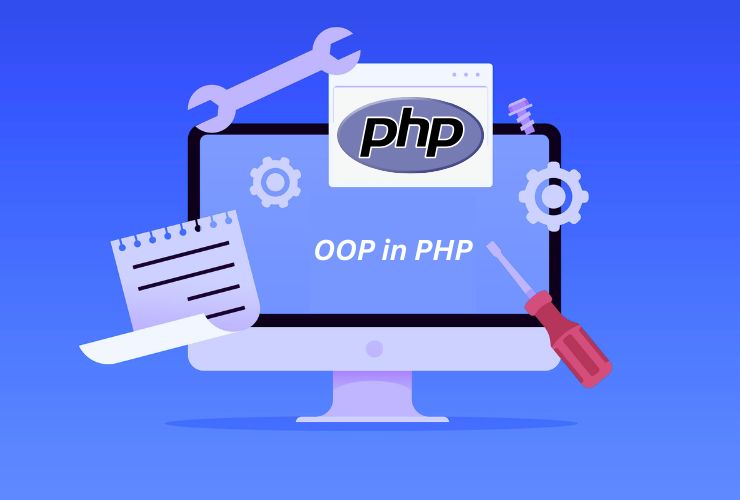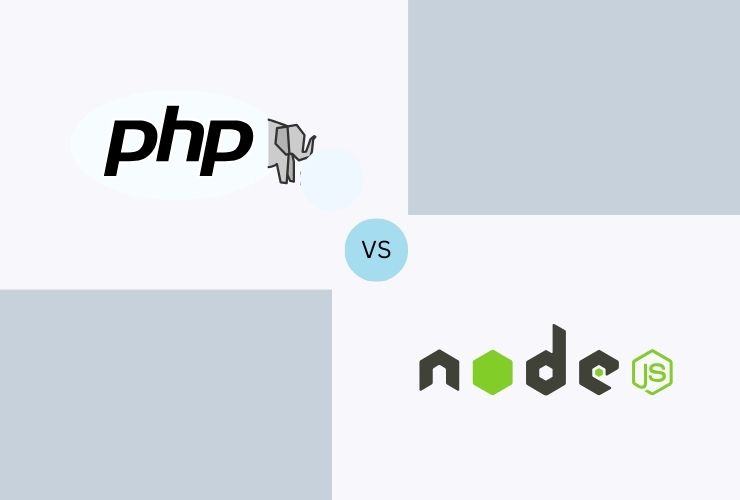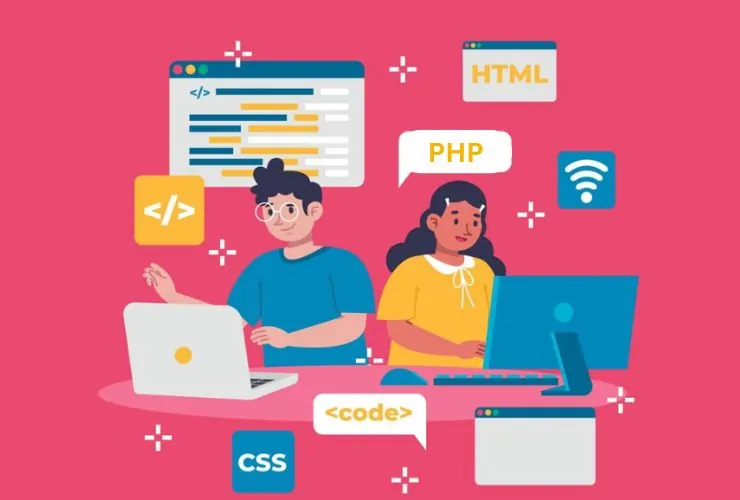PHP has supported millions of websites around the globe since its early days. PHP remains one of the most widely used server-side scripting languages in building applications, from personal blogs to high-end enterprise applications. What is the reason that companies and developers are sticking with PHP when this tech space changes at a rapid pace? Let’s explore some reasons behind why PHP remains the go-to choice for developers and companies.
1. Open Source and Low Cost
Certainly, the greatest benefits of PHP are that it is an open-source language-software free to use. For business, it means lower development costs as there is no license charge. Therefore, the second advantage of PHP is a strong community of users that regularly contribute to its development, therefore updates, enhancements, and security improvements are guaranteed to the software.
2. Easy to Learn and Use
Another reason why PHP is popular is the ease with which this language comes. The learning curve for PHP is pretty smooth, and it does not create a hurdle even for a total beginner to learn how to use it. Its syntax is clean, hence making web application development easy and fast. PHP is also well-documented, so millions of resources are available online for those seeking to learn or enhance their skills in PHP.
3. Cross-Platform Compatibility
PHP is a highly versatile language, meaning it can easily be deployed across platforms such as Windows, Linux, macOS, and much more. PHP gets along very well with most web servers, like Apache, Nginx, and Microsoft IIS, so PHP is among one of the more flexible choices to be implemented with a rather extremely diverse array of hosting environments. Due to this cross-platform compatibility, developing and deploying PHP applications becomes rather uncomplicated for the developers.
4. Broad Frameworks and Libraries
PHP has a very rich framework and library system that makes web development easier and faster. Among the most popular ones are frameworks such as Laravel, Symfony, CodeIgniter, and Zend, giving developers modules and tools put together to speed up the development process. Frameworks are based on best practices that will ensure any codebase is scalable, secure, and maintainable.
5. Strong Community Support
With PHP’s long-standing presence, it has garnered a vast and active community of developers worldwide. Whether you’re facing a coding challenge or need advice, you’ll find forums, tutorials, and expert guidance at your disposal. The community regularly contributes to the language’s improvement, making it stronger with each version update.
6. Highly Scalable for Growing Businesses
PHP is used by most of the largest sites in the world, including Facebook, Wikipedia, and WordPress. This means it can host high-traffic sites and huge applications without breaking a sweat. As your business grows, PHP can be scaled to meet your needs without losing performance.
7. Easier to Integrate with Databases
It is easy to integrate PHP with most databases. The list includes MySQL, PostgreSQL, SQLite, and MongoDB. In other words, developers can choose the best solution for their database needs. Besides, it has a number of native database management systems, thus data can easily be stored, retrieved, and manipulated.
8. Continuous Improvement and Future-Proof
Regular update brings new feature, enhances the performance, and increases security level in PHP. The language has been sped up, improved in efficiency, and made to be more secure through PHP 8.0 and beyond. Its long-term viability makes it the platform of choice for businesses investing in sustainable web development solutions.
Conclusion
Straightforward and established along with a lot of features, PHP is definitely the best tool for web development. Open source, great frameworks, and with massive community support, this programming language helps the developers to build high-performance scalable, and safe web applications. For any small-scale project or a big enterprise website, the flexibility and reliability offered by PHP makes it easy to win in this competitive digital world.
Frequently Asked Questions
Yes. PHP is still one of the most widely used server-side languages in the world, powering over 75% of websites, including WordPress, Magento, and major enterprise platforms. It remains relevant due to continuous updates, strong security improvements, excellent performance, and massive ecosystem support—making it a reliable choice for U.S. businesses.
Absolutely. With modern frameworks like Laravel, Symfony, and CodeIgniter, PHP supports microservices, APIs, cloud deployments, and high-traffic enterprise platforms used in finance, healthcare, SaaS, and eCommerce.
Yes. When developed professionally, PHP applications offer strong protection against SQL injection, XSS, CSRF, and data breaches. Using modern frameworks and best practices, Empirical Edge builds compliance-ready, enterprise-secure PHP solutions.
Empirical Edge Inc. delivers custom, scalable, and secure PHP solutions tailored for U.S. businesses. From enterprise platforms and SaaS products to eCommerce and CRM systems, we provide full-cycle PHP development, modernization, and long-term support.
Yes. Empirical Edge specializes in PHP modernization, performance optimization, security hardening, cloud migration, and framework upgrades to future-proof business systems.





